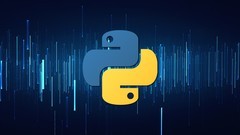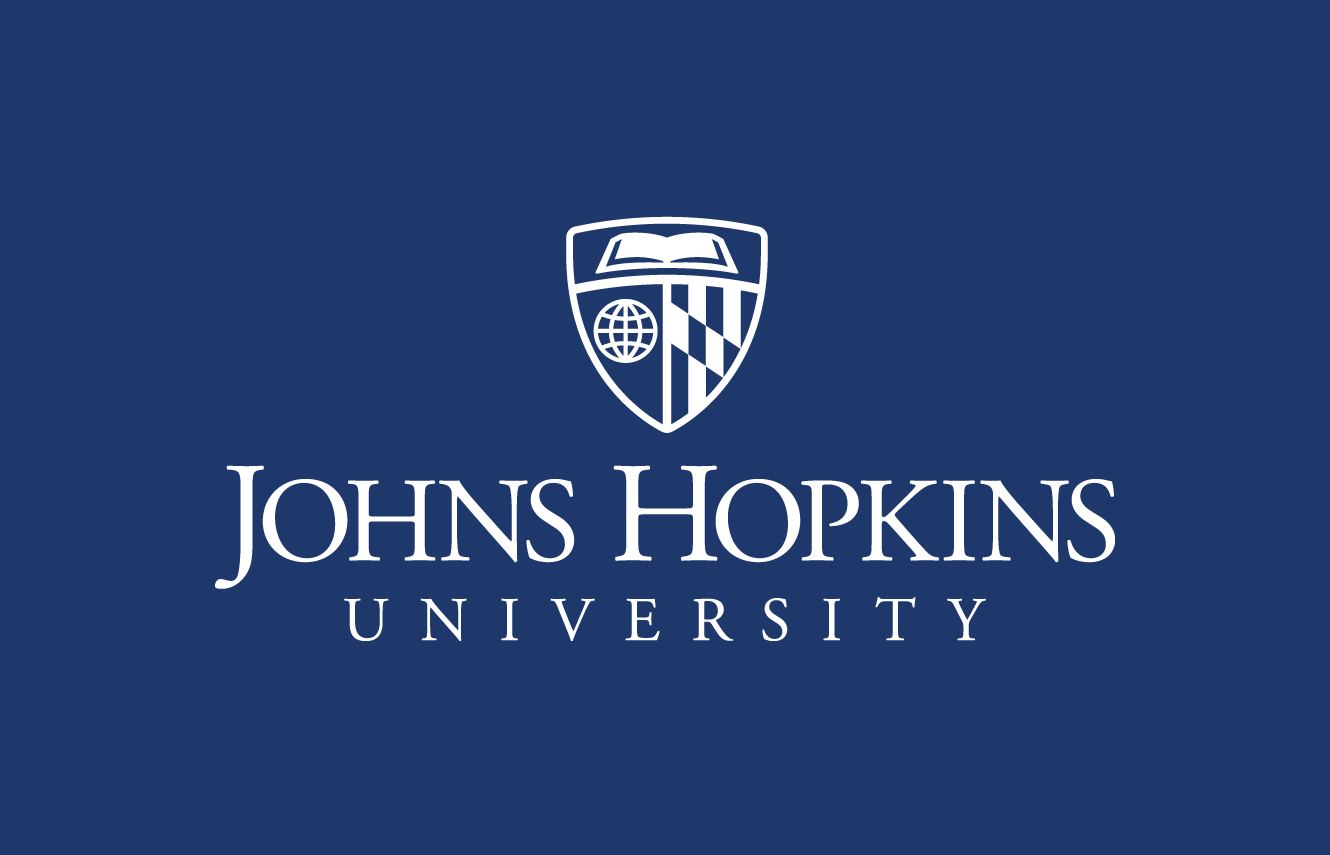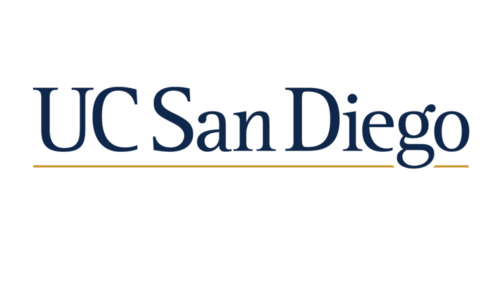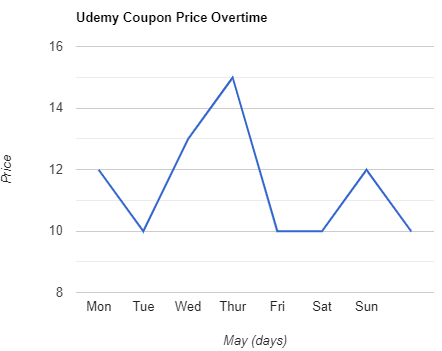Cluster Analysis and Unsupervised Machine Learning in Python (Udemy.com)
Data science techniques for pattern recognition, data mining, k-means clustering, and hierarchical clustering, and KDE.
Created by: Lazy Programmer Inc.
 What you will learn
What you will learn
- Understand the regular K-Means algorithm
- Understand and enumerate the disadvantages of K-Means Clustering
- Understand the soft or fuzzy K-Means Clustering algorithm
- Implement Soft K-Means Clustering in Code
- Understand Hierarchical Clustering
- Explain algorithmically how Hierarchical Agglomerative Clustering works
- Apply Scipy's Hierarchical Clustering library to data
- Understand how to read a dendrogram
- Understand the different distance metrics used in clustering
- Understand the difference between single linkage, complete linkage, Ward linkage, and UPGMA
- Understand the Gaussian mixture model and how to use it for density estimation
- Write a GMM in Python code
- Explain when GMM is equivalent to K-Means Clustering
- Explain the expectation-maximization algorithm
- Understand how GMM overcomes some disadvantages of K-Means
- Understand the Singular Covariance problem and how
 Quality Score
Quality Score
Overall Score : 82 / 100
 Live Chat with CourseDuck's Co-Founder for Help
Live Chat with CourseDuck's Co-Founder for Help
 Instructor Details
Instructor Details

- 4.1 Rating
 50 Reviews
50 Reviews
Lazy Programmer Inc.
Today, I spend most of my time as an artificial intelligence and machine learning engineer with a focus on deep learning, although I have also been known as a data scientist, big data engineer, and full stack software engineer.
I received my masters degree in computer engineering with a specialization in machine learning and pattern recognition.
Experience includes online advertising and digital media as both a data scientist (optimizing click and conversion rates) and big data engineer (building data processing pipelines). Some big data technologies I frequently use are Hadoop, Pig, Hive, MapReduce, and Spark.
I've created deep learning models to predict click-through rate and user behavior, as well as for image and signal processing and modeling text.
My work in recommendation systems has applied Reinforcement Learning and Collaborative Filtering, and we validated the results using A/B testing.
I have taught undergraduate and graduate students in data science, statistics, machine learning, algorithms, calculus, computer graphics, and physics for students attending universities such as Columbia University, NYU, Hunter College, and The New School.
Multiple businesses have benefitted from my web programming expertise. I do all the backend (server), frontend (HTML/JS/CSS), and operations/deployment work. Some of the technologies I've used are: Python, Ruby/Rails, PHP, Bootstrap, jQuery (Javascript), Backbone, and Angular. For storage/databases I've used MySQL
 Students also recommend
Students also recommend

-
Python A-Z: Python For Data Science With Real Exercises! (2022)
-
4.4 (150 Reviews)
-
 Provider: Udemy
Provider: Udemy Time: 11h
Time: 11h
$10.44









